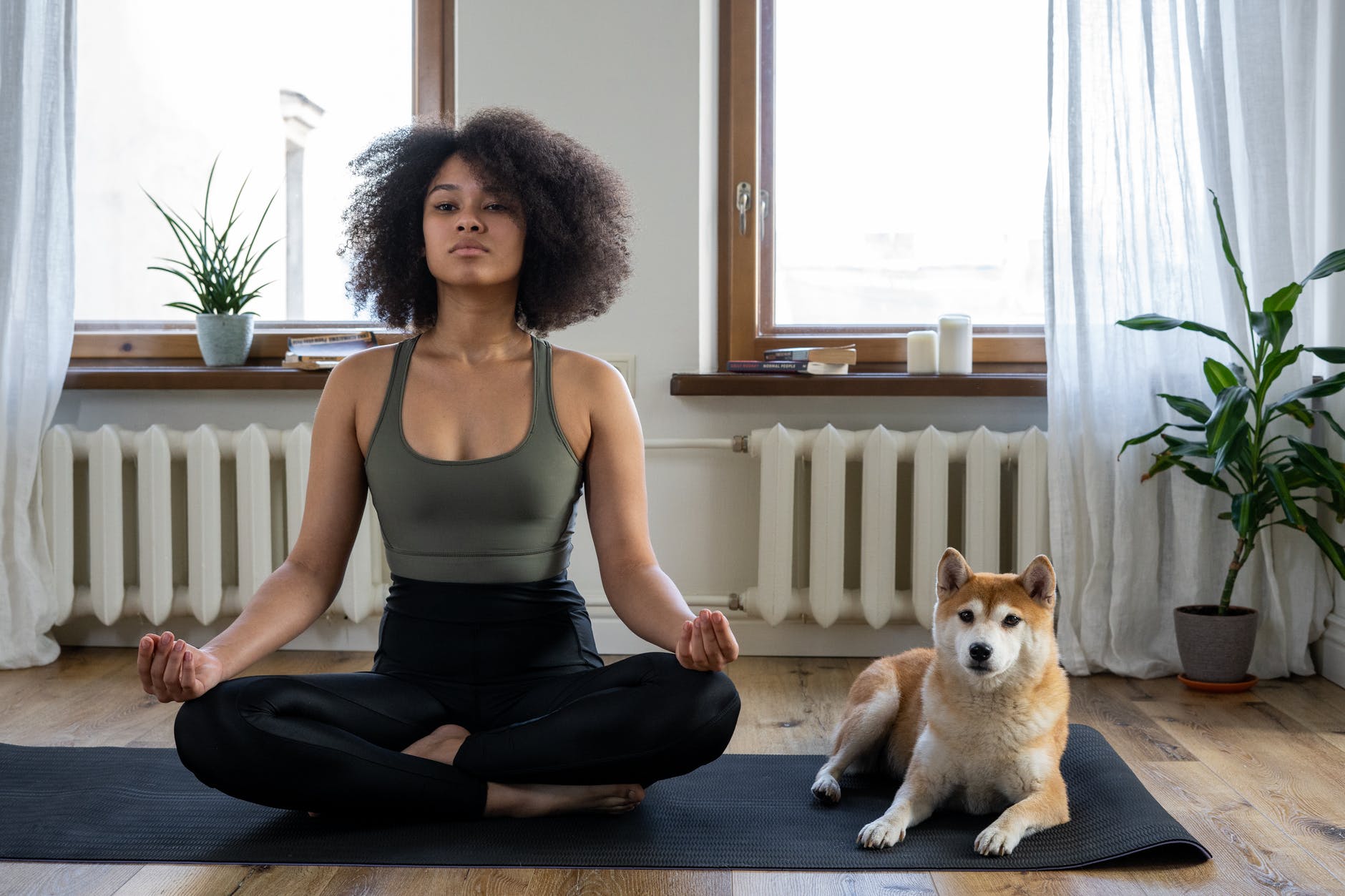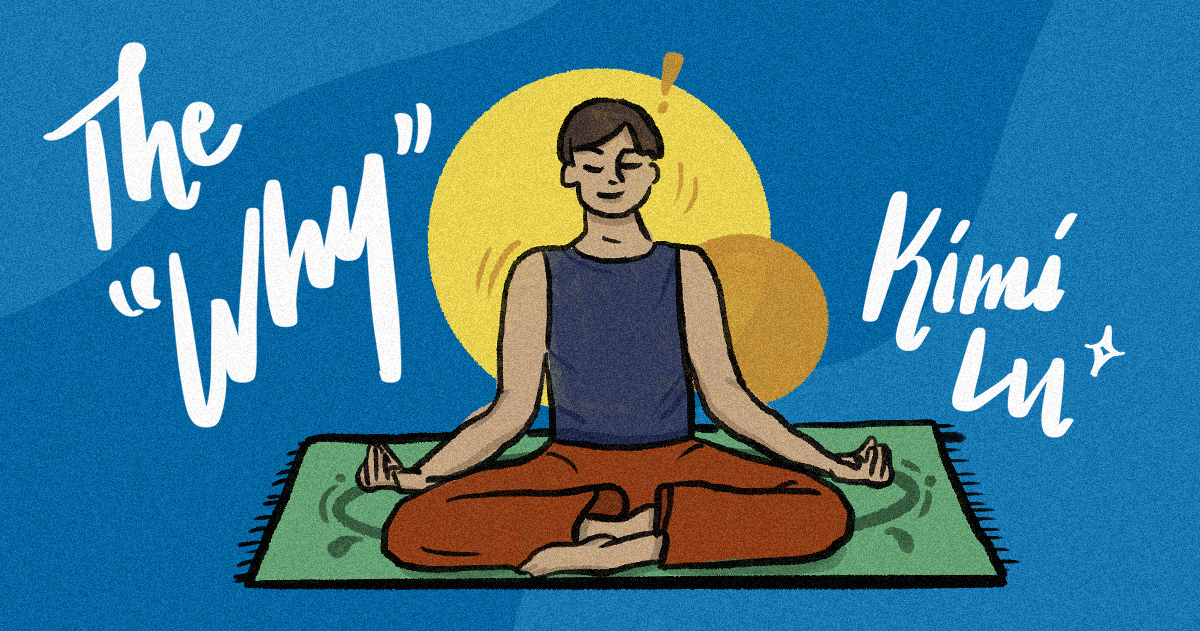Setting intentions used to be something people only did at the start of a yoga or meditation practice. It is defined as the act of stating what you intend to accomplish through your actions. Examples would be “Inner peace,” “Gratitude,” or “Happiness.”
When differentiating between goals and intentions, one thing to remember is that “goals” are what you want to do, while “intentions” are what you want to achieve and revolve around self-care and personal development.
“An intention is the ‘why’ or the desire behind the goal”
Kimi Lu, http://www.kimilulifecoach.com
“An intention is the ‘why’ or the desire behind the goal,” says life and corporate coach Kimi Lu (@kimilulifecoach). “We all have deeper reasons why we want to achieve certain goals – and bigger or more ambitious goals usually involve achieving something that is bigger than ourselves.” This is where intentions can help.

Intention setting can help you be more present and mindful in your day-to-day life. It serves as a compass to guide you in your day, month, or even year. “Anytime you feel like there are too many things running through your mind, go back to your intention to regain clarity,” advises Kimi.
If you are new to intention-setting, keep them small and achievable first. This way, when you become successful, you gain the confidence to make and achieve bigger intentions. Kimi recommends some easy ones below that you can start with:
- “Breathe”
Make this your mantra during stressful times, so you can stay calm. - “Listen actively.”
When you are about to join a meeting, this intention can help you learn more from others. - “Heal.”
Set this if you have been through heartache, so you can let go of past hurts and welcome the next phase of your life with a heart filled with self-love and gratitude.
As you progress, you can set advanced intentions such as “Love unconditionally,” “Be kind even when under pressure,” or “Lead by example.”
It helps to write down your intentions as soon as you make them so that you have a visual reminder of the commitment you are making to yourself. Then make it a habit to refer back to them at the end of the day, week, or month for reflection. By checking in with yourself and your actions, you create a space for self-awareness and self-development.

Finally, feel free to share your intentions with others so that you have a support network to keep you accountable, motivate you, or even cheer you on on your journey to success.
MindNation WellBeing Coaches are available 24/7 if you need help crafting an intention or sticking to one. Book a session now bit.ly/mn-chat.

